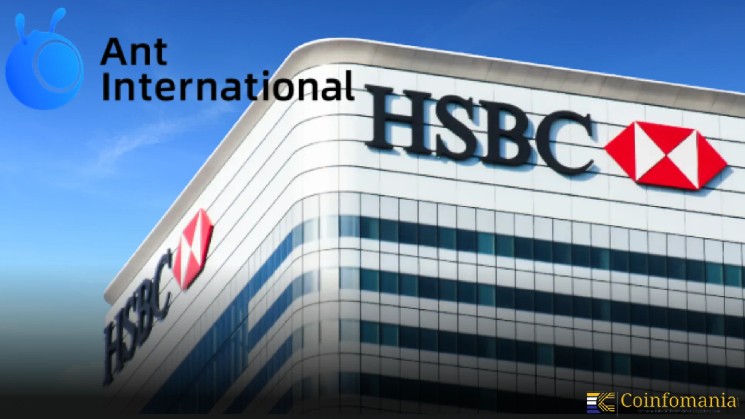HSBC has recently launched a new service offering cross-border tokenized deposits in collaboration with Ant International, as reported by Cointelegraph. This initiative represents a significant advancement in merging traditional banking with blockchain technology, with the goal of streamlining international transactions.
Understanding Tokenized Deposits
Tokenized deposits are essentially digital versions of standard bank deposits. Rather than transferring cash through traditional banking channels, HSBC converts the deposit into a digital token on a blockchain.
These tokens hold the same value as the original cash deposit, enabling swift cross-border transfers for individuals and businesses alike. By leveraging blockchain technology, delays are minimized, costs are reduced, and transparency is enhanced.
This system is particularly beneficial for businesses that frequently engage in large international transactions. Through tokenized deposits, banks can facilitate quicker and more efficient cross-border payments.
Collaboration with Ant International
HSBC has selected Ant International as the inaugural client to utilize this innovative system. Given Ant International’s expertise in digital payments, the partnership is poised for success.
This collaboration enables Ant International to conduct smoother cross-border money transfers, while HSBC ensures compliance with regulatory requirements in each jurisdiction.
For Ant International, this service streamlines global money transfers and enhances security. Meanwhile, HSBC demonstrates the efficacy of blockchain in conventional banking operations.
Operational Process of Tokenized Deposits
Here’s how it works: HSBC converts a deposit into a digital token, which is then recorded on a blockchain, serving as a digital ledger.
Individuals can swiftly transfer these tokens across borders, and the receiving bank can convert them back into the respective local currency, such as USD, EUR, or CNY.
Blockchain technology ensures the security and traceability of every transaction. Compared to traditional wire transfers, tokenized deposits offer reduced processing time and cost savings by eliminating intermediaries.
Advantages for Businesses and Banks
Tokenized deposits offer a multitude of benefits:
- Speed: Transactions can be completed in minutes rather than days.
- Security: Blockchain safeguards transaction records from alteration.
- Cost Savings: Companies enjoy lower fees and bypass unnecessary middlemen.
- Transparency: Every transaction is easily traceable, fostering trust.
These advantages appeal to multinational corporations and fintech firms seeking rapid and reliable cross-border payment solutions.
Implications for the Banking Sector
HSBC’s foray into tokenized deposits reflects a broader trend of banks embracing blockchain technology to enhance their services. Tokenized deposits could potentially become the norm for global transactions.
Through its partnership with Ant International, HSBC showcases the versatility of blockchain beyond cryptocurrency, demonstrating its potential to streamline everyday banking operations for customers.
It is likely that other banks will adopt similar systems to remain competitive. In the near future, tokenized deposits have the potential to revolutionize global banking, making money transfers faster, safer, and more cost-effective.
Future Outlook
HSBC aims to expand its tokenized deposit offering to additional clients and countries, with the potential to revolutionize cross-border banking practices and encourage broader adoption of blockchain technology in the financial sector.
Businesses and banks may soon rely on digital tokens for seamless global money transfers, fostering greater interconnectedness and ease of financial transactions on a global scale.

